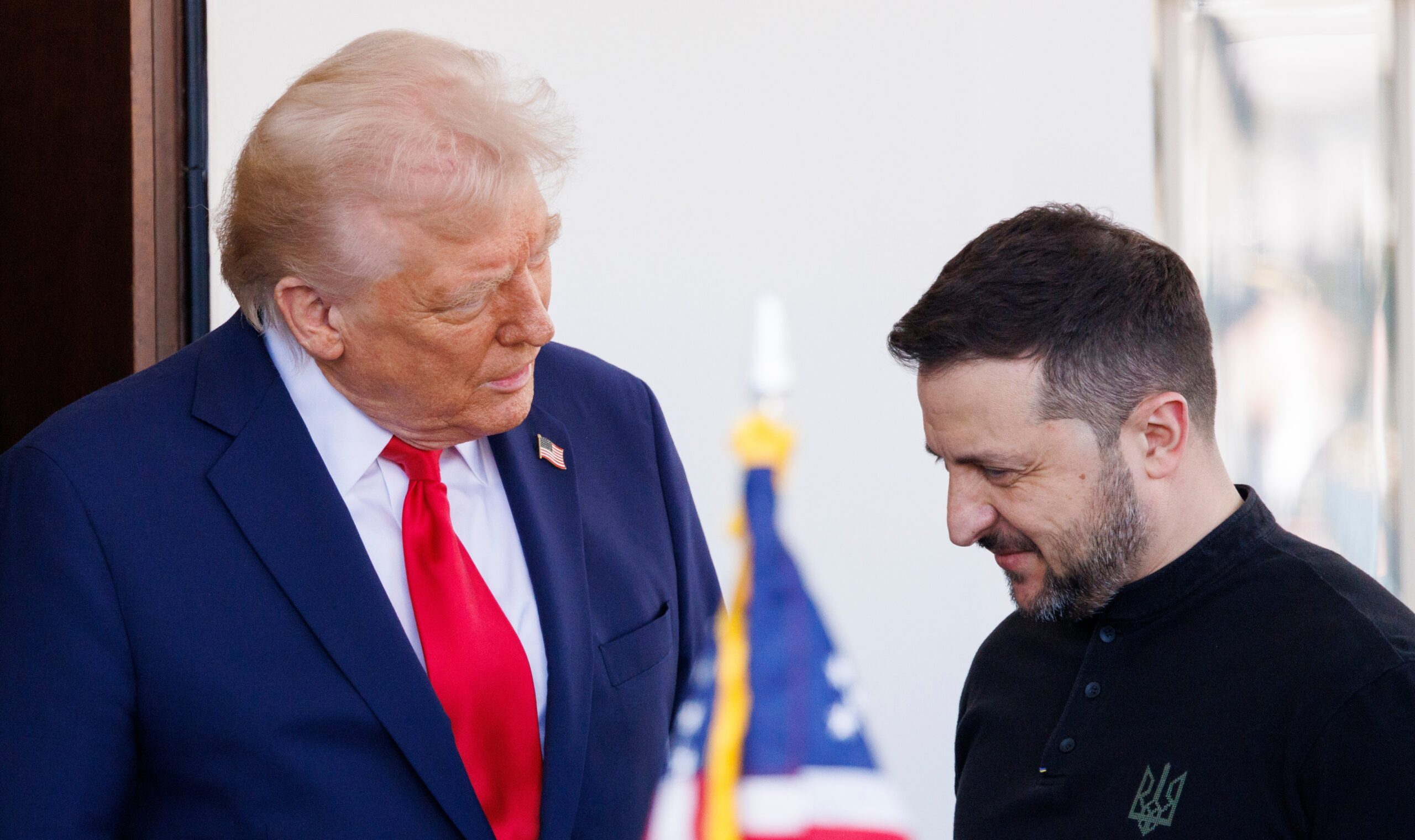The Value of a Negotiated End to the Libyan War
Unless NATO, including the United States, get more serious, Libya’s liberation war could turn into a prolonged, bloody stalemate. Col. Muammar el-Qaddafi is ruthless, and rebel forces are weak and disorganized. NATO still has the military means to help tip the balance if it can summon the unity and the will. ~The New York Times
What needs to be recognized at the beginning is that the Libyan war is already a prolonged, bloody stalemate. Do the NYT editors think that summoning “unity and will” is all that will be required to “tip the balance”? What they are calling for when they demand that NATO “get more serious” is an intensification and further escalation of the war, which is bound to undermine both “unity and will” in the alliance. Specifically, they want the U.S. to become much more directly involved, and they are calling for U.S. planes to take on the riskiest assignments. The administration is unlikely to do this. NATO cannot speak with “one clear voice” because there is nothing remotely resembling consensus among its members. Nothing that the editorial calls for would significantly “tip the balance” such that Gaddafi would be driven from power or overthrown, but seems likely to make the war bloodier and deepen U.S. involvement in it.
Micah Zenko has proposed an alternative that may be the least awful of the available options:
Qaddafi is most assuredly a vicious tyrant, and his ouster is a worthy goal. But it will not be achieved through incremental aid to the rebels and intermittent decapitation attempts. Given its current level of commitment, the United States should continue to use its military capabilities to support the no-fly zone, monitor and publicize killings of civilians by Qaddafi’s forces or the rebels, and respond with direct force to prevent or mitigate any mass atrocities. More importantly, however, the administration should work toward a negotiated end to the civil war, while starting to plan for the U.S. military assets, humanitarian assistance, and financial aid required to keep any peace.
I wouldn’t want any American soldiers as part of a peacekeeping mission in Libya in the future, and my guess is that most Libyans wouldn’t want them there, either. Other than that, Zenko’s recommendation makes much more sense if the goal is to bring hostilities to an end for the time being and to deliver relief aid to the civilian population.
